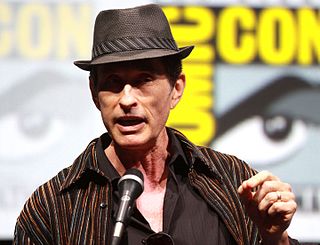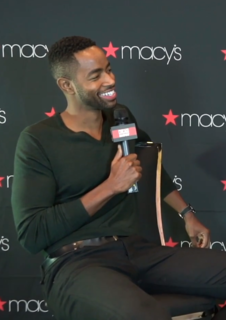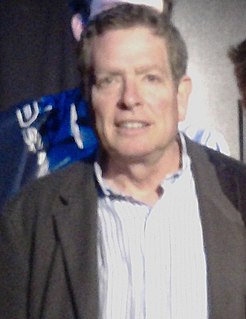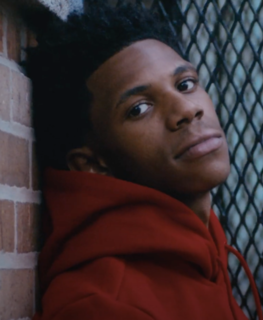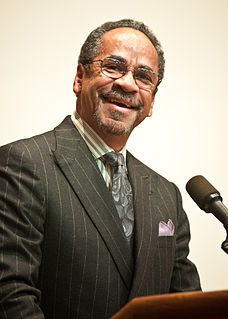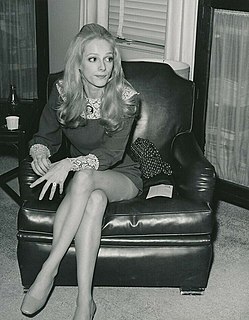A Quote by David Twohy
We got together and realized that Universal made it clear that they were out of the Riddick business. They didn't want to spend that kind of money anymore. So, it was going to be an independent movie.
Related Quotes
Had we had all the money in the world to spend and we were doing another studio movie, we probably would have jumped quickly into the Necromonger universe and done an Orpheus Descending movie there. We didn't have that kind of resource. So, we said, this time, "If not that, this time, then what is it? What does this new movie look like?" Quickly, just in talking about it very simply with Vin [Diesel] in his kitchen, we decided on a survival, left-for-dead story, where Riddick could, as a character, reclaim the animal side.
The way financing for independent movies goes is great. You get the money from the guy who's actually doing the distribution in France. You say, "Do you want a piece of this movie?" And he's got to sell this movie to get his money back. That's the brains of it; that's the genius of this financing. "You want Germany? Give us a million dollars and you've got Germany."
One day, walking through the Bronx streets, I just realized that people were stopping me, taking pictures, and noticing me from across the street. I can't even use public transportation anymore, so I kind of stopped going places and started going straight to the studio, going home, and telling people I can't go anywhere anymore.
I remember being in Japan when Destiny's Child put out 'Independent Women,' and women there were saying how proud they were to have their own jobs, their own independent thinking, their own goals. It made me feel so good, and I realized that one of my responsibilities was to inspire women in a deeper way.
As far as producing, once we started shooting, I soon realized where the critical decisions about the movies were really being made, and it wasn't on the set. They were being made in the production meetings. That's where producing a movie happens. And that's where I wanted to be. I didn't just want to be a piece, a pawn being played. I wanted to take part in the creative process, and that's how I sort of got introduced to the idea.
Anything was better than going to work. All those early tours before we made any money were more like vacations. I don't think it was until 2001 that we pulled our heads out of the sand and were like, "What are we doing?" I don't think Chris realized he was in a band until 2001. He all of a sudden woke up one day and realized he was in a band. He thought he was just recording my solo project. Three albums later, we're in Baltimore trying to figure out what to do with ourselves.
I knew that's where I was going. I knew we were going to Italy. You couldn't make this movie in America at this price. I knew it was going to be big. I knew there was going to be a ship involved and that there was going to be a set as big as the ship. I thought, well, here we go. But I knew that was where he was headed. He had been going this way for some time. All directors, once they have some success, they want to spend a whole heck of a lot of money. (Something else can't hear.)
